Choosing the right heating system for our homes in Dallas is essential for staying warm during the winter months. While winters in Dallas aren’t as harsh as in some other parts of the country, having a reliable and efficient heating system is important for our comfort and safety. There are several factors to consider when selecting a heating system, including the types of systems available, energy efficiency, cost, and how well the system meets the specific needs of our homes.
Understanding the different heating options can help us make an informed decision. Each type of system has its advantages and potential drawbacks. Whether we’re considering furnaces, heat pumps, or ductless systems, it’s important to evaluate how each will perform in our unique climate. Additionally, energy efficiency plays a crucial role in both our environmental impact and our utility bills. More efficient systems may have higher upfront costs, but they often result in long-term savings.
Understanding Your Heating Options
When it comes to heating our homes in Dallas, several options are available. Each type of heating system has its own advantages and the best choice depends on our specific needs and home setup. The most common types of heating systems include furnaces, heat pumps, and ductless mini-splits.
Furnaces are one of the most traditional and widely used heating systems. They operate by heating air and distributing it throughout our homes via ducts. Furnaces can run on natural gas, electricity, or oil, with natural gas being the most popular choice due to its efficiency and cost-effectiveness. Heat pumps are another option that provides both heating and cooling by transferring heat between the inside and outside of our homes. These systems are highly efficient, especially in milder climates like ours in Dallas. Ductless mini-splits, on the other hand, are ideal for homes without existing ductwork. They offer the flexibility of providing heating and cooling to individual rooms, making them a versatile choice.
Assessing Energy Efficiency
Energy efficiency is an important factor to consider when choosing a heating system. More efficient systems use less energy, which can save us money on our utility bills and reduce our environmental impact. To assess the energy efficiency of a heating system, we need to look at two key metrics: the Annual Fuel Utilization Efficiency (AFUE) rating for furnaces and the Heating Seasonal Performance Factor (HSPF) rating for heat pumps.
AFUE measures how efficiently a furnace converts fuel into heat over a year. A higher AFUE rating means better efficiency. For instance, a furnace with an AFUE rating of 90% converts 90% of the fuel into heat, while the remaining 10% is lost. HSPF, on the other hand, evaluates the efficiency of heat pumps. Higher HSPF ratings indicate better energy efficiency. When shopping for a new heating system, it’s crucial to consider these ratings and choose one that offers the best efficiency within our budget. Investing in a high-efficiency system may have a higher initial cost, but it will provide long-term savings and improved performance.
Considering Installation and Maintenance Costs
Choosing the right heating system also involves understanding the installation and maintenance costs. The initial cost of the system itself is just one part of the equation. We also need to factor in the cost of installation, which can vary significantly depending on the type of system and the complexity of the job.
For example, installing a new furnace in a home that already has ductwork is usually straightforward and less expensive. However, installing a new ductless mini-split system, which requires mounting units in individual rooms and running refrigerant lines, can be more costly. It’s also important to consider the costs of regular maintenance. Systems like furnaces and heat pumps need periodic servicing to run efficiently. Maintenance costs can add up over time but are essential for ensuring longevity and reliability of the heating system.
Tailoring Your Choice to Your Dallas Home
Selecting the best heating system also means considering our home’s specific needs and layout. Dallas homes come in various sizes, designs, and ages, each with unique heating requirements. For instance, older homes might have outdated or inefficient ductwork, making a ductless mini-split system more attractive for zoned heating.
We should also consider the size of our home. Larger homes may benefit from central heating systems that can efficiently distribute heat throughout the space. In contrast, smaller homes or homes with no existing ductwork might find heat pumps or ductless mini-splits more efficient and easier to install. Also, think about the local climate. Dallas winters are relatively mild, so an energy-efficient heat pump that offers both heating and cooling could be perfect for year-round comfort.
Conclusion
Choosing the right heating system for our Dallas homes involves understanding various factors like available options, energy efficiency, costs, and the specific needs of our home. By carefully considering each aspect, we can make an informed decision that ensures comfort and efficiency during the winter months. Regular maintenance and professional installation can help maximize the performance and lifespan of our heating system.
Looking for expert guidance and professional HVAC services? Contact Spire Heating and Air Conditioning, your dedicated HVAC service company. Our team is committed to helping you select the best heating system tailored to your home’s needs. Reach out today to schedule a consultation and discover the difference in comfort and efficiency.


